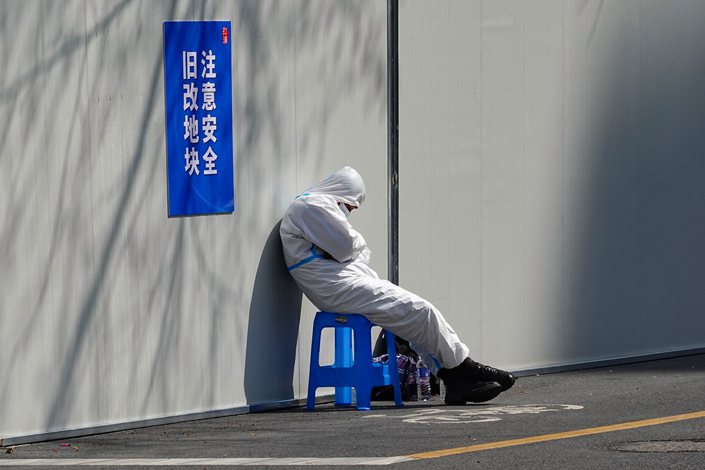Ling Huawei: Tough Times Call for Effective Policy Combo From Beijing

With the recent Covid-19 flare-ups in Shenzhen and Shanghai, two of the most important economic engines in China are suddenly under pressure. The complicated and treacherous situation abroad has given rise to inflation, generating huge external pressure on capital flows, leaving the Chinese economy increasingly likely to fall into stagflation.
China is now facing its most difficult set of challenges in the more than two years since the Covid-19 pandemic began. Amid the country’s tightening of regulations over many sectors such as tutoring, internet, and real estate, investment and consumer spending have become lackluster. Chinese stocks have been convulsing after suffering a slump similar to the market collapse in 2015. This time, however, the plunge has nothing to do with deleveraging, but is entirely the result of shrinking investor confidence caused by shocks in the broader economy.

Ling Huawei is the managing editor of Caixin Media and Caixin Weekly.
- 1Cover Story: China Carves Out a Narrow Path for Offshore Asset Tokenization
- 2Drownings Shake Chinese Enthusiasm for Travel to Russia
- 3Over Half of China’s Provinces Cut Revenue Targets
- 4Li Ka-Shing’s Port Empire Hit by Forced Takeover Amid Panama Legal Dispute
- 5In Depth: China’s Mutual Fund Industry Faces Overhaul After a Banner 2025
- 1Power To The People: Pintec Serves A Booming Consumer Class
- 2Largest hotel group in Europe accepts UnionPay
- 3UnionPay mobile QuickPass debuts in Hong Kong
- 4UnionPay International launches premium catering privilege U Dining Collection
- 5UnionPay International’s U Plan has covered over 1600 stores overseas





